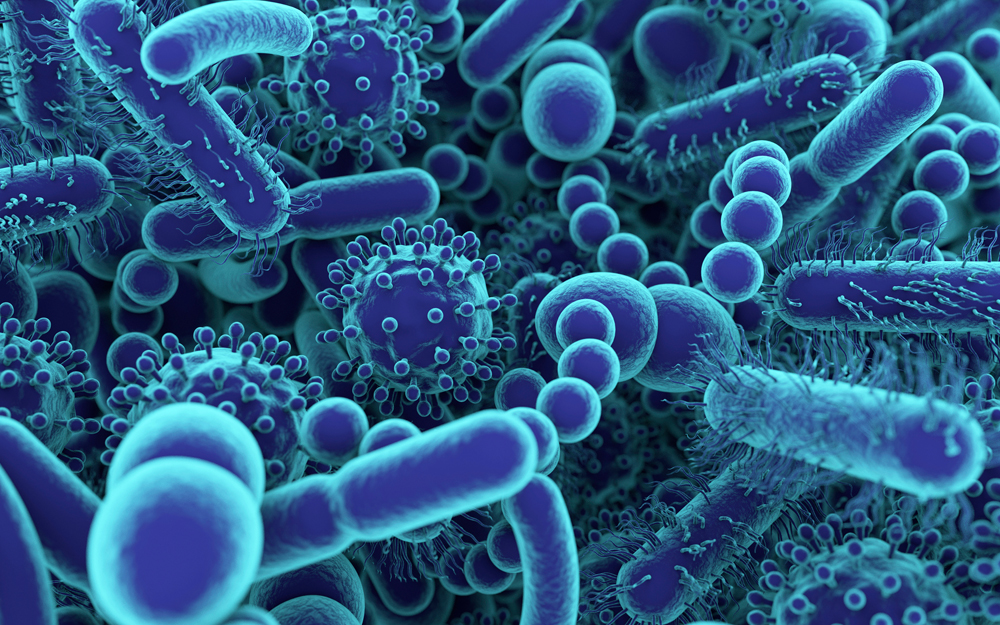Florida is currently facing a troubling health situation as four people have died from infections caused by a dangerous flesh-eating bacterium. Several others have fallen ill, raising alarms among public health officials and residents alike.
What is Flesh-Eating Bacteria?
The culprit is a bacterium called Vibrio vulnificus, which naturally lives in warm coastal waters, particularly during the summer months. This microorganism can cause severe infections if it enters the body through open wounds or by eating contaminated seafood.
Though infections are rare, they can progress rapidly and be fatal, especially if not treated immediately.
How Do People Get Infected?
- Open Wounds and Water Exposure: Even small cuts or scrapes exposed to warm seawater can allow the bacteria to enter the body.
- Eating Raw or Undercooked Seafood: Consuming shellfish such as oysters without proper cooking can introduce the bacteria internally.
Who is Most at Risk?
While anyone can contract an infection, people with underlying health issues—such as liver disease, diabetes, weakened immune systems, or other chronic conditions—are at much higher risk for severe illness or death.
Symptoms to Watch For
Early symptoms often appear suddenly and can include:
- Fever and chills
- Nausea and vomiting
- Severe pain and swelling around wounds
- Blistering or skin discoloration near the infected area
If untreated, infections can lead to septic shock and require urgent medical intervention.
Why Is Florida Seeing More Cases?
Florida’s warm climate and extensive coastline create ideal conditions for this bacterium to thrive, especially during the summer. Natural disasters like hurricanes can also increase the risk by spreading contaminated water.
Prevention Tips
- Avoid swimming in warm salt or brackish water if you have open cuts or wounds.
- Always cover wounds securely with waterproof bandages before water exposure.
- Cook seafood thoroughly, avoiding raw oysters or undercooked shellfish.
- Wear protective footwear when walking in coastal waters or handling raw seafood.
- Seek immediate medical attention if you notice signs of infection after water exposure.
Treatment
Early diagnosis is critical. Treatment usually involves strong antibiotics and sometimes surgery to remove infected tissue. Prompt medical care can be lifesaving.
Final Thoughts
Though cases remain relatively uncommon, the severity of flesh-eating bacterial infections means vigilance is essential. Especially during the warmer months, Floridians and visitors should be cautious and aware of the risks. Protecting wounds, practicing safe seafood consumption, and seeking early medical help can save lives.















Leave a Reply